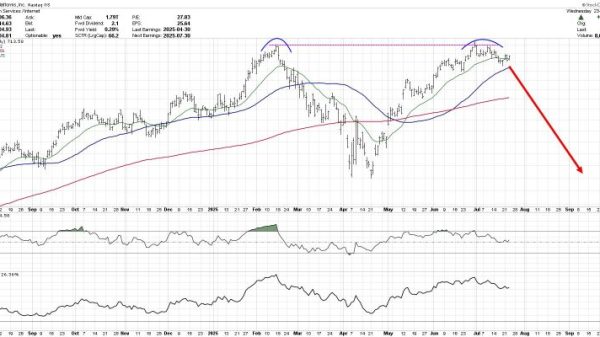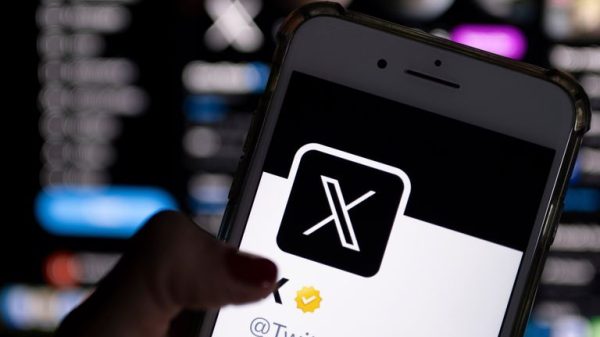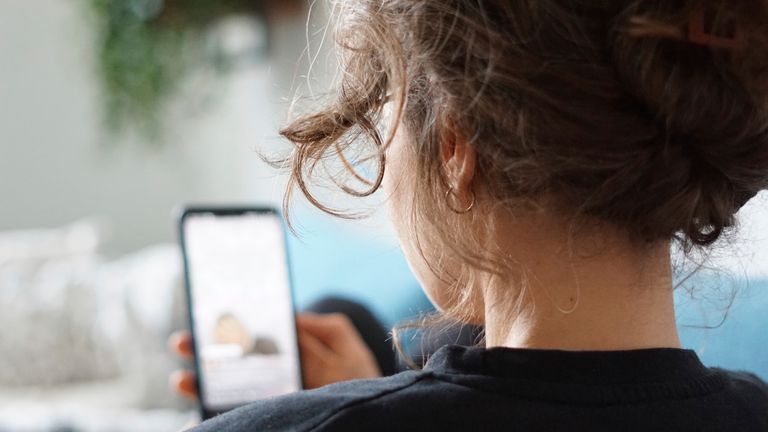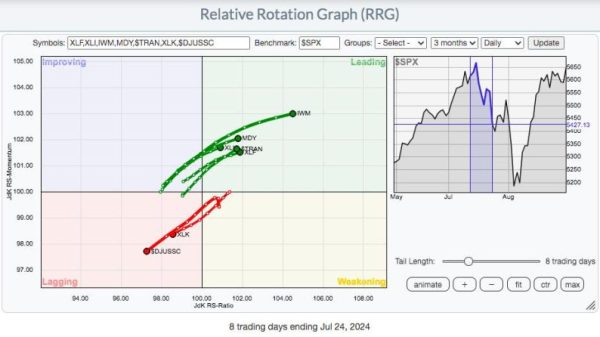Teenagers who have a problematic relationship with their smartphones are more likely to suffer from anxiety, depression and insomnia than those who do not, new research has found.
Young people who said they had problematic smartphone use, a pattern of behaviours resembling addiction, were twice as likely to report symptoms of anxiety compared to those who did not, according to researchers at King’s College London.
Problematic smartphone use refers to behaviours such as panicking when one’s phone is unavailable, finding it difficult to control time spent on a phone, and using the phone to the detriment of other meaningful activities.
It affects a minority of teenagers, the study found, and although it is less extreme than an addiction, researchers believe there could soon be enough evidence for physicians to recognise it as one.
Around 44% of 13 to 16-year-olds with problematic use of their device reported symptoms of anxiety compared to 26.4% without, while around 56% of 13-16-year-olds with problematic use had symptoms of depression compared with 35.8% without.
There is a difference between screen time, which is the number of minutes spent on a phone, and problematic use of a smartphone.
Researchers found use of TikTok and Instagram was higher among 16 to 18-year-olds with problematic smartphone use, but usage of WhatsApp, gaming and overall internet use were around the same between both groups.
Screen time was associated with anxiety or depression in older teenagers, but it also had a direct link with insomnia, the study found.
Researchers conducted the two studies, which have been published in the British Medical Journal, at a handful of schools in England between 2020 and 2022.
One study gathered the responses of 657 teenagers aged between 16 and 18 and the other measured 69 children aged between 13 and 16 over a four-week period.
Many young people say they want to spend less time on phones
Girls were more likely to say they had problematic smartphone use, with the total figure at around 19% of 16 to 18-year-olds and about 15% of 13 to 16-year-olds.
Many young people said they wanted to spend less time on their phones.
Nearly nine out of ten of the 13 to 16-year-olds surveyed said they had attempted at least one strategy to limit their smartphone use, including putting it on silent or turning off notifications.
Almost two-thirds of 16 to 18-year-olds said they have tried to cut down their use of smartphones, and one in eight said they wanted help to reduce their usage.
‘We can’t put the genie back in the bottle’
Dean Burnett, neuroscientist and author of Why Your Parents Are Hung Up On Your Phone and What To Do About It, said: “The most encouraging for me is that these young people say they want help and they don’t want to use their phones as much… there’s far more awareness there and a recognition that they aren’t using aren’t phones in a healthy way.”
He added: “We have to acknowledge that phones are here, we can’t put the genie back in the bottle.
“There needs to be some acceptance that they are a part of life and ‘here is how we go about them’ will be better than trying to deny or block them… Involving young people in the approach would be better for everyone.”
Professor Ben Carter, professor of medical statistics at King’s Institute of Psychiatry, Psychology & Neuroscience and an author of both studies, said: “By revealing the link between problematic use of smartphones and poorer mental health, and demonstrating that young people are aware of this problem and are eager to manage their use, these studies highlight the need for evidence-based interventions to help adolescents struggling with difficult behaviours around their smartphone use.”
Effective strategies to tackle problematic smartphone use include turning off notifications, putting the phone on “do not disturb” mode and leaving it in another room at bedtime, the researchers said.
The least effective strategies included putting the phone in a locked box to focus on other tasks and changing the colours to greyscale to make it less stimulating.





























